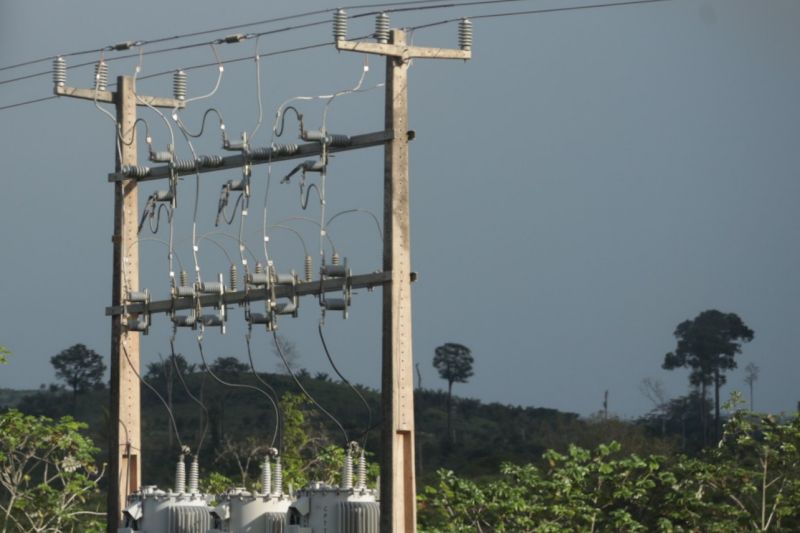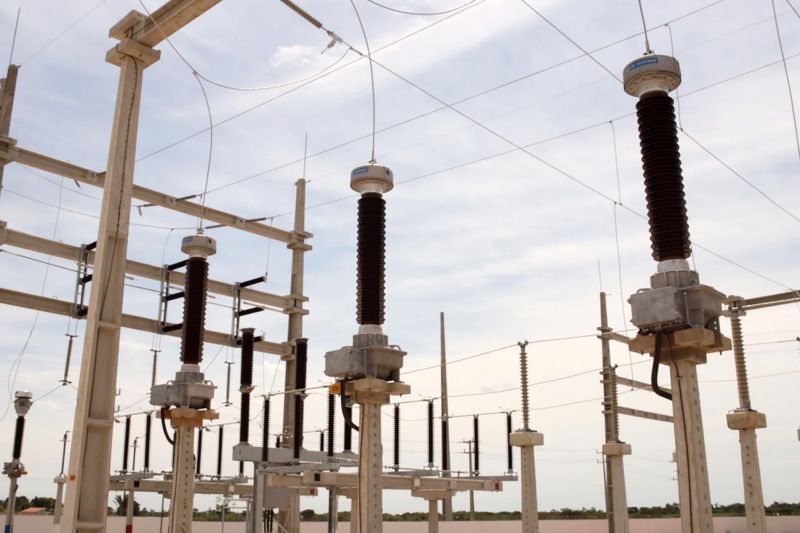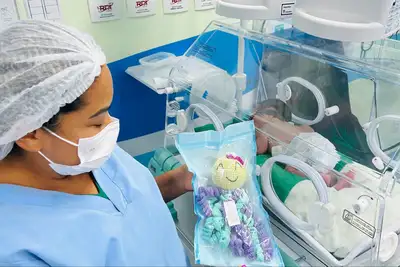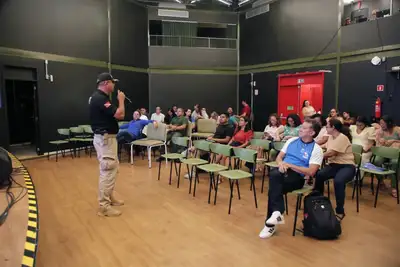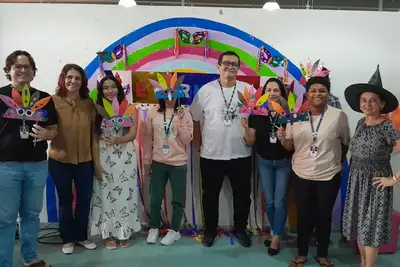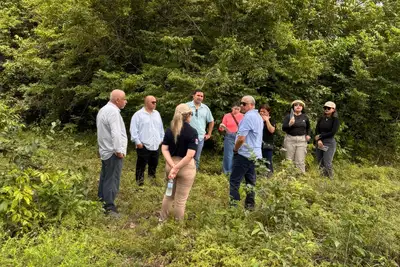Sedeme expands electrical network in rural areas and benefits more than 6,000 families in Pará
The program has already enabled the implementation of 1,167.71 kilometers of new electricity distribution networks, delivered in more than 40 municipalities
The Secretary of Economic Development, Mining and Energy of Pará (Sedeme) continues to advance in the expansion of the electrical network in rural communities in Pará. The secretary has the Socioeconomic Inclusion Program (PIS) that has already benefited more than 6,680 families, between 2019 and 2024, with the completion of 146 works in more than 40 municipalities in Pará.
With an investment of over R$ 140 million, the program has enabled the implementation of 1,167.71 kilometers of new electricity distribution networks, already delivered to the population. Another 305.18 kilometers are in the execution phase, while 341.68 kilometers are awaiting the start of construction.
The Muriá branch, located in the rural area of the municipality of Curuçá, in northeastern Pará, was one of the communities benefited by the expansion of the electrical network and the implementation of the three-phase network. More than 500 families were directly benefited, including family agriculture producers, as well as businesses in the tourism sector. The new structure, with about 7 km in length, serves the community's residents, strengthens local economic activity, and enhances the municipality's tourist route.
Luiz Cláudio Modesto, 53 years old, a resident of the access road that connects the communities of Muriazinho and Boa Vista do Muriá — both benefited with the new three-phase network — celebrates the achievement. “With quality electricity, the residents of the region are starting a new chapter in the community's history, encouraging productive activities. We are grateful to the Government of Pará and Equatorial for serving our community,” he emphasized.
For the administrator and partner of Ecotel Leão de Judá, Miguel Arcanjo, located in the municipality of Curuçá, the expansion of the electrical network represents an essential milestone for the development of the community and the strengthening of local businesses, especially those linked to the tourism sector.
Miguel Arcanjo points out that the initiative benefits units such as flour houses and small rural properties, positively impacting adjacent areas by expanding the flow of production and generating income.
“Electricity is synonymous with progress, improves quality of life, and opens the door to new possibilities. Therefore, we express our sincere gratitude to the Government of Pará for its sensitive view of our region's reality and for meeting such a long-awaited and significant demand for the socioeconomic development of the municipality,” said Arcanjo.
More quality of life for the population
The state secretary of Economic Development (Sedeme), Paulo Bengtson, states that the state energy policy has as its main axis to promote socioeconomic development in Pará, with positive impacts on the quality of life of the population.
“The expansion of the electrical network to rural communities transforms realities: it increases business opportunities, fosters job and income generation, and promotes access to government programs, thus strengthening the inclusion and progress of hundreds of families in Pará,” emphasizes the head of Sedeme.
Still on the subject, Bengtson reinforces that the actions are part of the State Government's strategy to promote sustainable socioeconomic development in the Pará territory, especially in hard-to-reach regions. In addition, the program is aligned with the global agenda for reducing Greenhouse Gas Emissions (GHG), by encouraging the use of renewable sources and expanding access to clean energy in the countryside.
The works are carried out by Equatorial Energia, through a Commitment Term that allocates 1.5% of the concessionaire's net operating revenue to investments. All interventions strictly follow the legal and environmental parameters in force, ensuring a continuous flow of resources aimed at the implementation and expansion of the electrical system in areas of social interest that are still unserved, thus contributing to the socioeconomic development of the State.
Mauro Bastos, director of Energy (Diren/Sedeme), emphasizes that the implementation of electrical energy systems in rural areas, through the PIS, has been fundamental for the development of localities that still do not have the service or that need expansion. “Expanding access to electricity for remote communities reaffirms the State's commitment to sustainable economic development and to raising the quality of life in all 144 municipalities of Pará,” he states.


